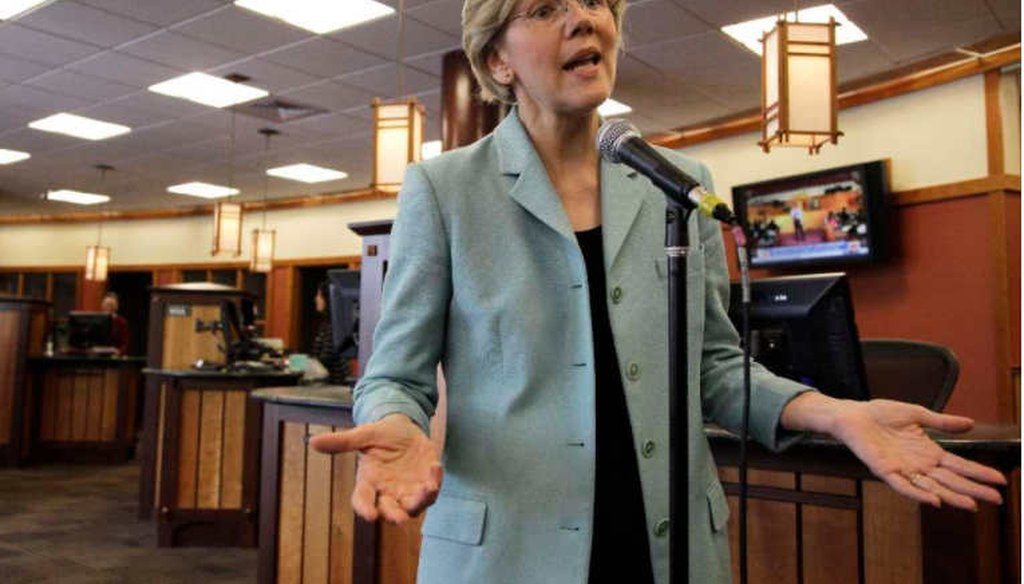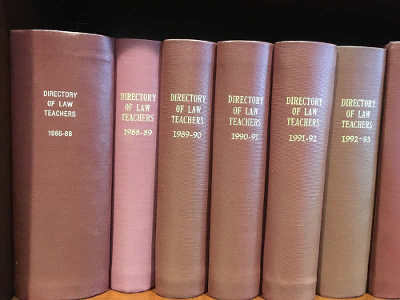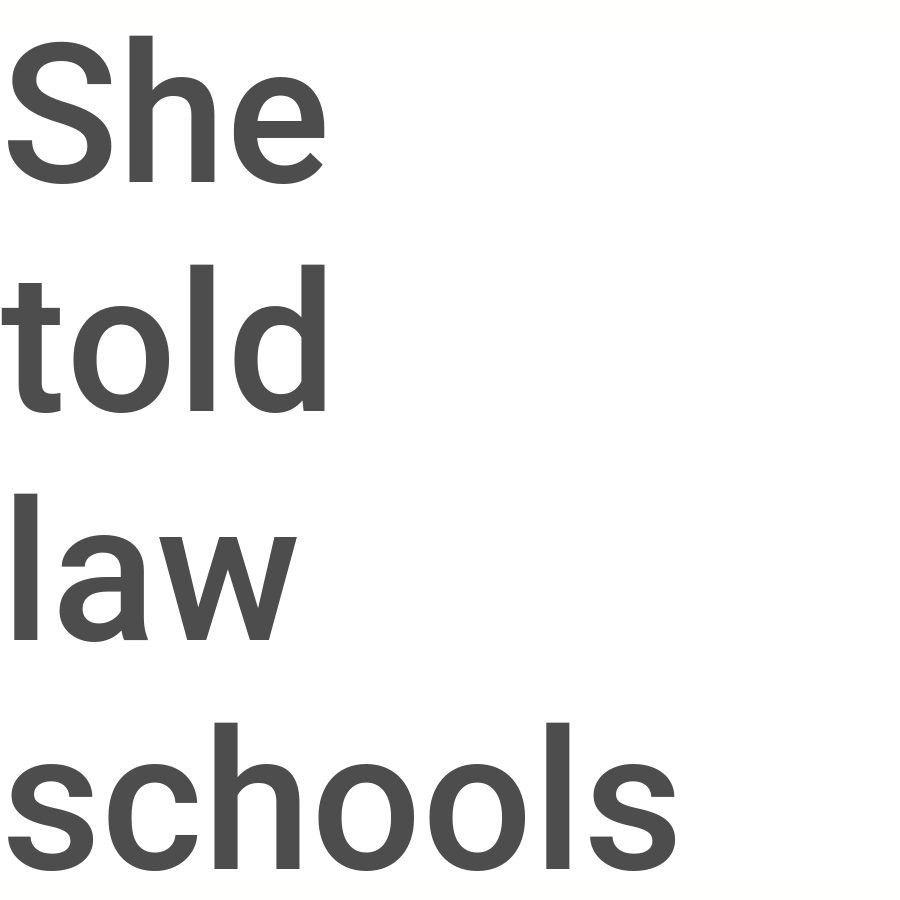Get PolitiFact in your inbox.

In 2012, Massachusetts Democratic Senate candidate Elizabeth Warren fielded reporter questions about her claim to having Native American roots. (AP)
Update: In October 2018, Sen. Elizabeth Warren released a DNA report showing she has Native American ancestry. We asked four experts to review it. You can read our follow-up story here.
Elizabeth Warren might never live down the charge of falsely claiming Native American roots. The controversy emerged during the Democrat’s successful Senate run in Massachusetts in 2012, and it continues to dog her.
In the throes of the 2016 presidential race, then-candidate Donald Trump tagged her with the nickname Pocahontas, and he has trotted it out virtually every chance he gets — even at a White House ceremony to recognize Native American soldiers who fought in some of the fiercest battles of World War II.
Warren’s central offense dates back to the mid 1980s, when she first formally notified law school administrators that her family tree includes Native Americans. Warren said she grew up with family stories about both grandparents on her mother’s side having some Cherokee or Delaware blood.
That genealogical claim has zero documentary evidence to back it up, according to a PolitiFact review of news and newsletter databases back to 1986.
Before this controversy arose in 2012, there is no account that Warren spoke publicly of having Native American roots, although she called herself Cherokee in a local Oklahoma cookbook in 1984.
There is no dispute that Warren formally notified officials at the University of Pennsylvania and then Harvard claiming Native American heritage after she was hired.
Her detractors say she deployed a faux Native American connection to improve her chances of landing teaching jobs at two of the country’s top law schools. However, there is no proof Warren gained any special advantage in her career.
The first mention
Warren’s heritage wasn’t something she brought up during her 2012 Senate race against Republican Scott Brown.
The questions started with a Boston Herald story on April 27, 2012.
"Elizabeth Warren’s avowed Native American heritage — which the candidate rarely if ever discusses on the campaign trail — was once touted by embattled Harvard Law School officials who cited her claim as proof of their faculty’s diversity," the article began. What the article revealed dated back more than a decade to diversity records kept by Harvard.
At a time when law schools faced public pressure to show greater ethnic diversity within their faculty, the university’s Crimson newspaper quoted a law school spokesman in 1996 saying Warren was Native American.
The Boston Globe followed the Herald with a report that the Association of American Law Schools listed Warren as a minority law teacher each year from 1986 to 1994. In that time, Warren went from being a law professor at the University of Texas, to the University of Pennsylvania, and finally in 1995 to Harvard University.
That association received faculty lists from law schools and sent personal profile forms to new faculty members. The group first asked about minority status in 1986.
The directories don’t indicate which minority group the person belonged to, so it would not be obvious to schools or other readers that Warren was thinking of her Native American roots.
It’s not certain that the directory form gave Warren the option to identify as Native American. All we know for sure is that the directory listed law school faculty who self-identified as minority.
Given the association’s process of sending the form to new faculty, it is possible that Warren filled out that form three times: once in 1986 when she was at the University of Texas, in 1987 when she moved to the University of Pennsylvania, and a third time when she spent a year as visiting faculty at Harvard in 1992. In 1995, when she moved to Harvard, she no longer appears in the minority teacher list.
Roots without a paper trail
Warren’s campaign team could never uncover any documents that confirmed Native American heritage in her family.
The New England Historic Genealogical Society also could not find any.
'We have no proof that Elizabeth Warren's great-great-great-grandmother O.C. Sarah Smith either is or is not of Cherokee descent,' society spokesman Tom Champoux told the Herald for a May 2012 story. (When we called the society, a spokesman said we should look at its statements from 2012.)
Warren’s ultimate explanation was she was drawing on family stories.
"As a kid, I never asked my mom about documentation when she talked about our Native American heritage," Warren said in a 2012 campaign ad. "What kid would? But I knew my father’s family didn’t like that she was part Cherokee and part Delaware. So my parents had to elope."
Warren’s extended family offered a mixed take on those stories to Boston Globe reporters.
Gloria Wysong, a cousin, said that her mother told her that the family's heritage "was Delaware, but the Delaware and Cherokee merged together."
And David Herring, Warren’s brother, said he grew up hearing, "Your grandfather is part Delaware, a little bitty bit, way back, and your grandmother is part Cherokee."
But other cousins had no such memories.
The main takeaway from the Globe’s reporting was that many who had Native American ties hid them, and documentation at the turn of the last century was spotty. In any event, any ties were so distant that they would not qualify her as minority by any official yardstick.
Warren herself didn’t trumpet this side of her family story. When applying to college and law school, records show that she either identified as white or declined to apply based on minority status.
Warren’s first responses
Warren’s opponent Scott Brown jumped on the revelations and called on her to apologize for Harvard having touted her dubious ethnic roots. Brown also said she had used an invented minority status to make herself more attractive to law schools.
Warren refused to apologize, saying she didn’t know Harvard was promoting her that way. She did confirm, however, that she had told the law school association that she held a minority status.
"I listed myself (in the) directory in the hopes that might mean that I would be invited to a luncheon, a group something, with people who are like I am," Warren told reporters May 3, 2012. "Nothing like that ever happened. That was absolutely not the use for it and so I stopped checking it off."
Warren rejected the idea that her ethnic status helped her law school appointments.
''I am a hard-working teacher, I have won teaching awards, I've written books that have won acclaim,'' Warren told reporters. ''I applied for one job in 1978 by letter, and every job I've had since then has been from someone who recruited me into that job. And they've come to me and said -- and they have now said publicly -- 'Because of your work, we'd like you to come here.' ''
Any special treatment?
Several people involved in hiring her at Harvard and the University of Pennsylvania lent their weight to that claim.
Harvard Law School professor Charles Fried, who served as U.S. Solicitor General under President Ronald Reagan and was part of the committee that put Warren in a tenure position, said in a written statement that her ethnicity never came up during the process.
Fried, who donated $250 to Warren's campaign, told the Republican, a Springfield, Mass., newspaper, in 2012, "This stuff I hear that she was an affirmative action hire, got some kind of a boost, it is so ludicrous and so desperately stupid and ignorant, it just boggles the mind."
Asked about Warren’s minority status, Robert H. Mundheim, the dean who hired Warren at the University of Pennsylvania, told the Boston Globe that summer, "‘I don't think I ever knew that she had those attributes and that would not have made much of a difference."
A number of news organizations interviewed dozens of faculty and students from the three law schools where Warren taught, and no evidence emerged that any claim about her ethnic roots played a role in the hiring process.
That hasn’t moved her critics, including a biting op-ed in the conservative National Review, but even that article acknowledged hard proof of favoritism is lacking.
Warren initially said she didn’t remember listing her Native American background during the hiring process for either job. About a month after the controversy hit, she tweaked that to say she told them after the fact.
"At some point after I was hired by them, I also provided that information to the University of Pennsylvania and Harvard,’’ she said in a statement issued by her campaign. "My Native American heritage is part of who I am, I’m proud of it, and I have been open about it.’’
Typically, Warren would have filled out forms for tracking faculty diversity. The Boston Globe found that Harvard reported one Native American teacher when Warren was there as a visiting professor, then again when she joined the permanent faculty. The University of Pennsylvania had similar reports.
Neither the schools nor Warren have opened up the personnel files that might add more details.
A recipe for embarrassment
The final snippet of Warren’s tribal tale is trivial but has delighted her critics to no end.
In 1984, a cousin in Oklahoma asked her to contribute recipes for a cookbook billed as "recipes passed down through the Five Tribes families." The book was entitled Pow Wow Chow.
Warren sent five, and under each one, listed herself as Elizabeth Warren, Cherokee.
Given that a cousin asked her to participate, this might lend credence to the notion that at least among her family, a tribal connection was taken for granted.
But it didn’t help that her recipes included one for crab with mayonnaise and another for herbed tomatoes — hardly traditional fare.
And to make matters worse, some of the recipes appear to have been copied from the New York Times wire service.
Our Sources
White House, Remarks by President Trump at an Event Honoring the Native American Code Talkers, Nov. 27, 2017
New York Times, The Mogul and the Babe, May 14, 2016
Boston Herald, Harvard trips on roots of Elizabeth Warren’s family tree, April 27, 2012
Boston Globe, Scott Brown’s campaign calls on Elizabeth Warren to apologize for allowing Harvard to tout her as Native American; Warren refuses, April 27, 2012
Boston Herald, Elizabeth Warren has no reservations on Native status, April 28, 2012
Boston Globe, Directories identified Elizabeth Warren as minority, April 30, 2012
CBS News, Warren blasts Brown for "nasty insinuations" about history, April 30, 2012
WBUR, Voters Question Warren’s Embrace Of Minority Heritage, May 2, 2012
U.S. News and World Report, Warren is part Cherokee, Genealogist Says, May 2, 2012
New York Times, The Massachusetts Race: Defending a 'Minority' Label, May 3, 2012
CBS News, Warren explains minority listing, talks of grandfather's "high cheekbones", May 3, 2012
Boston Globe, Bad week may haunt Warren; Handling of controversy is roundly criticized, May 5, 2012
Associated Press, Harvard: Warren got job only on merits as teacher, May 8, 2012
The Hill, Warren found listed as a minority professor at second law school, May 10, 2012
The Republican, At Harvard, Elizabeth Warren known as tough, demanding, dynamic professor; Native American heritage claims called 'ludicrous', May 13, 2012
Boston Herald, Society: We have no proof of Liz’s claim, May 16, 2012
Boston Herald, ‘Pow Wow’ factor: Elizabeth Warren touted native roots in ’84 cookbook, May 17, 2012
Daily Mail, Elizabeth Warren's Pow Wow Chow 'Cherokee' recipes were word for word COPIES of famous FRENCH chef's techniques, May 18, 2012
Boston Globe, Elizabeth Warren says she told Harvard, Penn of Native American heritage, May 31, 2012
The Harvard Crimson, Survey: Diversity Lacking At HLS, Oct. 22, 1996
Harvard Law School, Elizabeth Warren CV, accessed Nov. 28, 2017
Boston Globe, For Professor Warren, a steep climb; Original scholarship, and singular ambition, drove her legal career, Aug. 19, 2012
Boston Globe, Warren's extended family split about heritage; Some recall, others deny any links to Native Americans, Sept. 16, 2012
Elizabeth Warren for MA, Family, Sept. 24, 2012
Christian Science Monitor, Elizabeth Warren and Cherokee heritage: what is known about allegations, Sept. 26, 2012
CNN, Here's the deal with Elizabeth Warren's Native American heritage, Nov. 28, 2017
Washington Post, Why Donald Trump calls Elizabeth Warren ‘Pocahontas’, June 28, 2017
The Atlantic, Is Elizabeth Warren Native American or What?, May 20, 2017
Harvard Law Record, Looking back: 14 years of Robert Clark, April 23, 2003
Daily Caller, Harvard law dean cited ‘affirmative action’ in 1994; Elizabeth Warren’s academic qualifications questioned, Sept. 10, 2012
National Review, Elizabeth Warren, Progressive Fraud, Nov. 28, 2017
Mediaite, Trevor Noah Hits Elizabeth Warren Over Native American Heritage Claim: She Did ‘Something Problematic’, Nov. 28, 2017
Interview, Lacey Rose, press secretary, Sen. Elizabeth Warren, Nov. 29, 2017
Interview, James Greif, director of communications, Association of American Law Schools, Nov. 29. 2017
Interview, Jim Power, communications manager, New England Historic Genealogical Society, Nov. 30, 2017



 PolitiFact Rating:
PolitiFact Rating: 







































